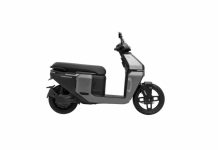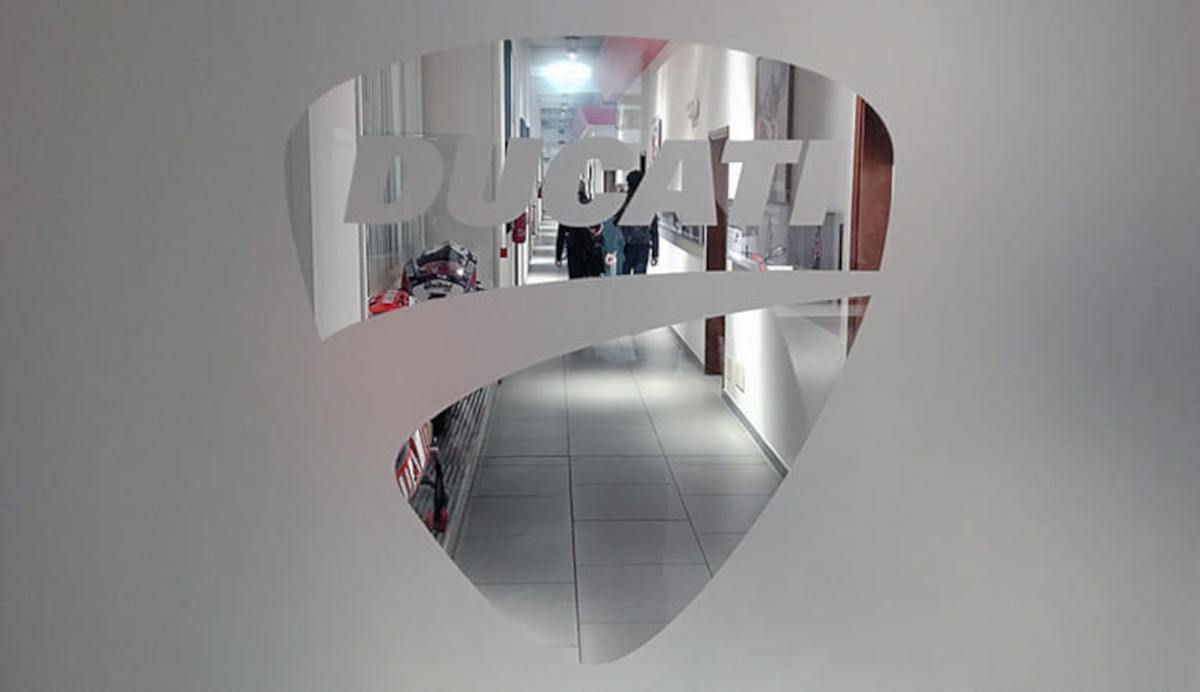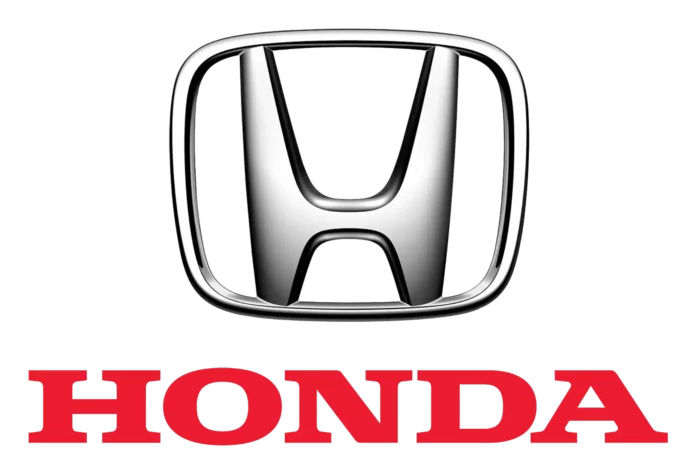Honda Cars India Ltd (HCIL)
The global automotive industry is witnessing a pivotal shift towards electric mobility, with major automakers announcing strategies to adapt to this changing landscape. Honda Cars India Ltd (HCIL), a prominent player in the Indian automotive sector, has recently made headlines by confirming its roadmap for electric vehicles (EVs) in the country. This report delves into HCIL’s strategies, its emphasis on the Tapukara plant, its plans for the international market, and its vision for the next few years.
Key Takeaways:
- Honda’s Plan for Electric Vehicles (EV) in India:
- Honda Cars India Ltd (HCIL) is retooling its plant in Tapukara, Rajasthan, for EV production starting 2024.
- Honda is set to make a new investment to prepare for its EV introduction in India.
- The first EV for India will be an SUV based on the Honda Elevate.
- The yet-to-be-named electric SUV will be launched in 2025.

EV production
- Tapukara Plant:
- It’s currently the only functioning Honda plant in India after the closure of the Greater Noida plant in 2020.
- It produces the Amaze, City, and Elevate models.
- There’s available capacity in the plant to introduce the new EV model line.
- HCIL CEO, Takuya Tsumura, confirmed that there’s a plan to increase the plant’s capacity. The possibility of opening a second plant in the future isn’t ruled out, but that depends on sales volume.
- Global Ambitions:
- The increase in production is intended for both domestic sales and exports.
- The Elevate and the new EV, once in production, are targeted for exports.
- The EV, like the Elevate, is expected to be a global model and will be exported to more countries than the City and Amaze models.
- Investment and Strategy:
- Honda is making an additional investment for the new EV and future electric vehicles.
- Their aim is to launch a Battery Electric Vehicle (BEV) within the next three years.
- Tsumura emphasized that Honda is pushing forward with electrification.
- Short-Term Plans:
- Honda aims for a growth of 35% by the end of the year.
- At least one new model will be launched each year.
- Given that the EV launch is slated for 2025, it’s speculated that a new version of the Amaze compact sedan might be introduced in 2024.
Pros of Honda investing in EV production in India:
- Increased competition in the Indian EV market: Honda’s investment in EV production in India will lead to increased competition in the market, which will benefit consumers by driving down prices and improving quality.
- Job creation: Honda’s investment will create new jobs in the Indian automotive sector, which will boost the economy and provide employment opportunities for more people.
- Reduced emissions: Honda’s EVs will produce zero emissions, which will help to reduce air pollution in India and improve public health.
- Increased energy independence: India is heavily reliant on imported oil, so Honda’s investment in EVs will help to reduce the country’s reliance on fossil fuels and increase its energy independence.
- Improved trade balance: Honda’s plan to export its EVs from India will boost the country’s trade balance and generate foreign currency.
Cons of Honda investing in EV production in India:
- High upfront costs: Honda will need to invest a significant amount of money to retool its Tapukara plant for EV production and develop its new EV SUV.
- Infrastructure challenges: India’s EV infrastructure is still in its early stages of development, so Honda will need to invest in building or partnering with charging station providers.
- Consumer awareness: Consumer awareness of EVs in India is still relatively low, so Honda will need to invest in marketing and education campaigns to promote its EVs.
- Competition from international automakers: Honda will face competition from other international automakers that are also investing in EV production in India.
Conclusion
Honda’s decision to adapt its Tapukara plant for EV production and its plan to launch a new electric SUV signals its commitment to electrification in response to the global trend of transitioning away from internal combustion engines.
HCIL’s foray into electric mobility with a clear strategy in place underscores the significance of the Indian market in the global EV narrative. By focusing on retooling its Tapukara plant and introducing a new SUV based on the Honda Elevate, Honda aims to cater not only to the growing domestic demand for EVs but also to position itself as a major exporter of electric vehicles.
The company’s commitment to electrification, as illustrated by their plans and investments, is a testament to the evolving nature of the automotive industry and highlights the trajectory of sustainable transportation in the coming years.

































